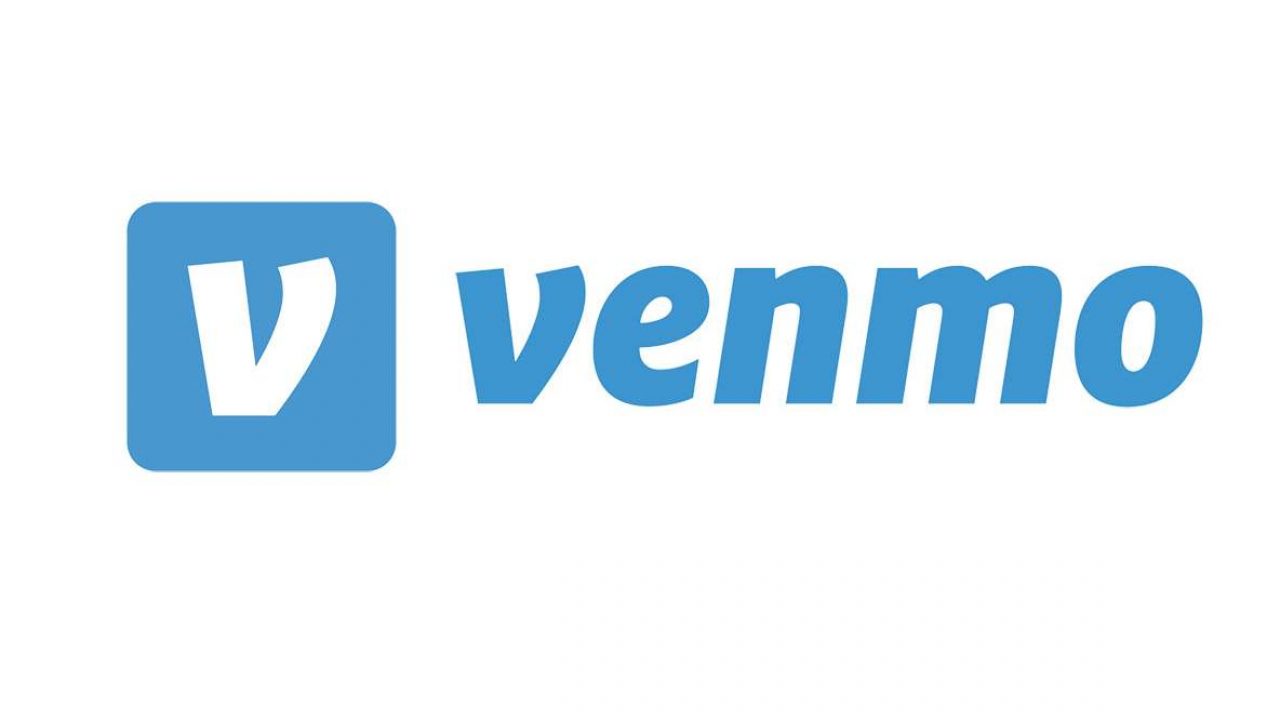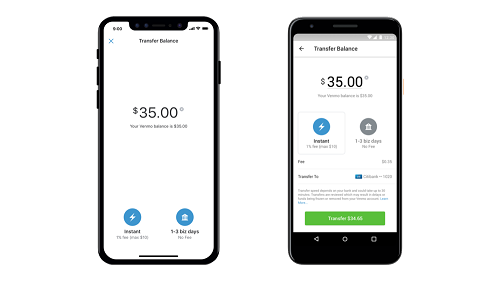Is Venmo Considered Virtual Currency by the IRS?

Everything outside your regular income may make you confused about taxes. Especially now that many digital wallet apps allow you to transfer money freely from different accounts. These apps are safe, fast, and convenient when you don’t want to go to an ATM to get cash.
Venmo, PayPal’s service for transactions between friends and family, makes it easy to split a dinner or a cab fare, but is it considered virtual currency by the IRS? Is it regulated? Read on to find out.
Does the IRS See Venmo as Virtual Currency?
According to the IRS’s official definition of virtual currency, it’s the value of the U.S. dollar or any other foreign currency represented digitally. These currencies are typically used in a specific environment, like when you buy coins for an online game to get more lives or unlock new powers.
However, these currencies aren’t convertible and can’t be used in real life – you can’t buy a pizza with coins from a game. They’re only available electronically and form a subset of digital currencies.
Digital currency is a term that can refer to real currencies in digital form. It’s the money you can physically hold but have in your bank account. You can withdraw this money anytime and it’s usually regulated by the law.
Venmo is an app that uses real money to operate, so it’s not a virtual currency. You can withdraw money received from Venmo using an ATM and use it for actual purchases. However, some tax rules do apply to Venmo that you may not know about.

Can You Use Venmo for Business?
The general purpose of this service is to allow you to send money to your friends and family members and vice versa. Therefore, it’s used for transactions between people you trust and know personally.
However, it’s possible to make business transactions via Venmo, but you need to get special permission to do so. The merchants using Venmo need to be authorized, and you need to use the Venmo Mastercard to make the transaction. If you opt for this, make sure the merchant or the customer can be trusted. If there’s a violation of Venmo’s rules, you could lose your money and the product you were trying to pay for.

Do You Need to Pay Taxes for Money Received via Venmo?
Splitting a bill with a friend or sending your younger sibling some pocket money doesn’t require any special attention when it comes to taxes. Personal transactions of this nature aren’t closely monitored or considered taxable by the IRS.
However, if you start using Venmo for making money, like selling goods or services, you’ll need to report taxable events. You do this by filling out the appropriate form to avoid potential issues.
If you’re self-employed, which is probably the case here, you need to report the money you receive for your services via Venmo. Like other independent contractors, you’ll probably need the Form 1099. However, to avoid possible mistakes, you should contact a professional tax advisor to confirm all the necessary information.
If you’re a business owner and you decide to use Venmo to pay your workers, keep an eye on the annual sum of money they earn. If it exceeds $600, it’s taxable. Therefore, you need to provide them with a 1099-MISC form. You shouldn’t rely on Venmo sending this form to you because it’s part of your job to take care of it. For the IRS, payments made via this service are just like any payments you make using your debit or credit card.
The Purpose of the Payment Makes All the Difference
Venmo operates with real money, so it’s not considered a virtual currency but a digital one. As such, it needs to follow the tax law.
If you pay your employees via Venmo, make sure you issue the 1099-MISC forms if their earnings exceed $600 per year. If you earn money for your services via Venmo, include those earnings in your tax report to avoid getting into trouble.
Keep It in the Family
If you’re only using Venmo for personal transactions and splitting bills with your friends and family, there’s no need to lose sleep over taxes. Transactions aren’t considered taxable as long as they’re not commercial.
Do you use Venmo for personal or business transactions? Have you ever used a virtual currency? Let us know in the comments section below.
















